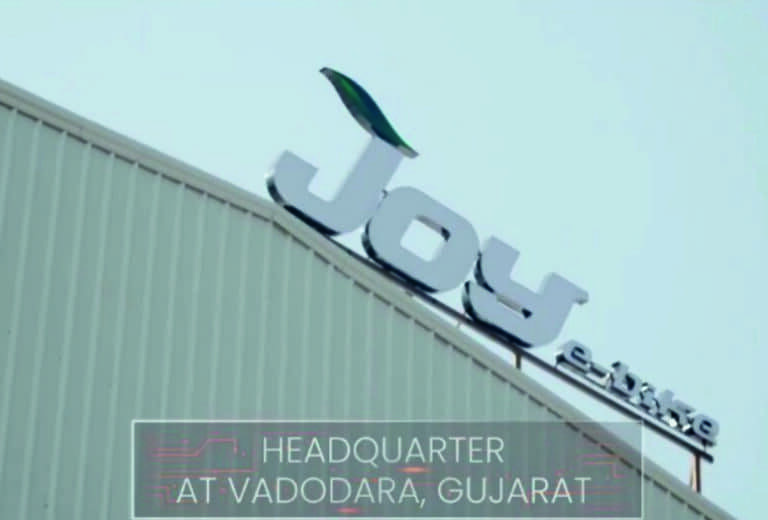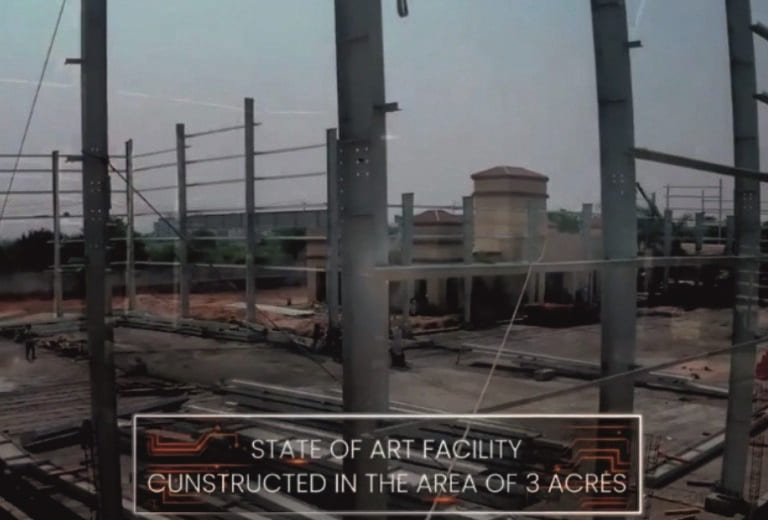Development of the Indian EV manufacturing sector: This is how India can become an EV manufacturing hub
Synopsis:
– Encouragement through Atma Nirbhar Bharat
– Increasing demand and advanced technology
– Challenges in the EV sector, India
The Indian automobile sector is ranked as the fifth-largest automobile sector in the world, with a goal of being the third-largest by 2030. Relying on traditional modes of fuel-driven mobility to serve a large domestic market will not be sustainable and thus to solve this, federal authorities are developing a mobility alternative that is “Shared, Connected, and Electric,” with the goal of 100 per cent electrification by 2030.
Traditional ICE vehicles have been slowly but steadily contributing to the deterioration of the environment, and consumers have realized its significant consequences. Consumers in the new age are more conscious than ever, and the entire country is opting for cleaner mobility.
Encouragement through Atma Nirbhar Bharat
Researchers believe that Atma Nirbhar Bharat will open endless opportunities for the dynamic growth of the EV industry in the nation. One of the most remunerative growth avenues would be a manufacturing hub for EV parts.

The encouragement to the production of EV parts in India will ensure more stringent quality control and assurance measures. With the quick resolution of quality issues, it is expected to reduce production costs, increase production and adopt a lean supply chain. This will therefore reduce working capital requirements, ultimately helping OEMs achieve their quantity and quality goals in creating profitable, locally-made EVs not just for the country but for the world.
Increasing demand and advanced technology
In recent years, the demand for electric vehicles has grown extensively. The use of electric scooters has increased by 100% YOY in the past 4 years. Manufacturers are also introducing new, technologically advanced EVs such as electric bikes or even electric vehicles that can function like cycles, highlighting the endless creative opportunities. As consumers explore new avenues, there is an upward trend in the usage of electric vehicles.
Being one of the top EV manufacturing companies, Ward Wizard Innovations & Mobility Limited has experienced a massive surge in the demand in the past 6 months. According to an MoU with the Gujarat government, Wardwizard will invest Rs 500 Cr on R&D, by setting up a motor assembly at the Vadodara facility and developing the manufacturing of raw materials to strengthen the ‘Make In India Vision’.

The need to switch from fuel-driven vehicles to other eco-friendly alternatives is becoming more important than ever. The recent United Nations event called COP26, which took place in the UK from October 31 to November 13, brought the world together on an action plan to deal with climate change, with the promise of creating a carbon-neutral and zero-carbon world. In this scenario, electric vehicles (EVs) are an important factor and catalyst to achieve this goal.
India has shown its keen interest to be a major factor in this shift in automotive prototypes. Business leaders see electric cars as a strong opportunity and thus makes the electric vehicle industry one of the most exciting and valuable areas of innovation today.
Challenges in the EV sector, India
Range anxiety is one of the most serious challenges of electric vehicle development in India. Electric vehicle customers often worry about the ability of the vehicle to reach its destination before the battery runs out. The issue occurs due to inadequate charging infrastructure in India, as compared to fuel stations for traditional ICE vehicles. Although recent developments in the EV infrastructure are encouraging the increment of the density of charging stations, they still remain restricted to urban areas. Thus still remains a major concern for rural areas.
India desires to accomplish the target of 100% EVs on road by 2030. The whole electric vehicle ecosystem in India appears to have grown stronger and is now poised to be a strong competitor in the global EV race. India’s e-mobility progress has been noteworthy, but the transition will certainly be gradual and steady. India is racing to become the hub of battery manufacturing, and to prompt an all-electric car environment in near future.
With 100 per cent FDI feasible, new manufacturing hubs, and an accelerated push to enhance charging infrastructure, India’s electric car sector is picking up speed. Other development factors for the Indian EV sector include federal subsidies and policies supporting larger discounts for Made-In-India electric two-wheelers, as well as a boost for local ACC battery storage manufacturing.
References:
https://www.financialexpress.com/auto/industry/addressing-global-supply-chain-issues-how-india-can-be-an-ev-manufacturing-powerhouse/2209845/
https://economictimes.indiatimes.com/india-aims-to-become-100-e-vehicle-nation-by-2030-piyush-goyal/articleshow/51551706.cms


Post a Comment
You must be logged in to post a comment.